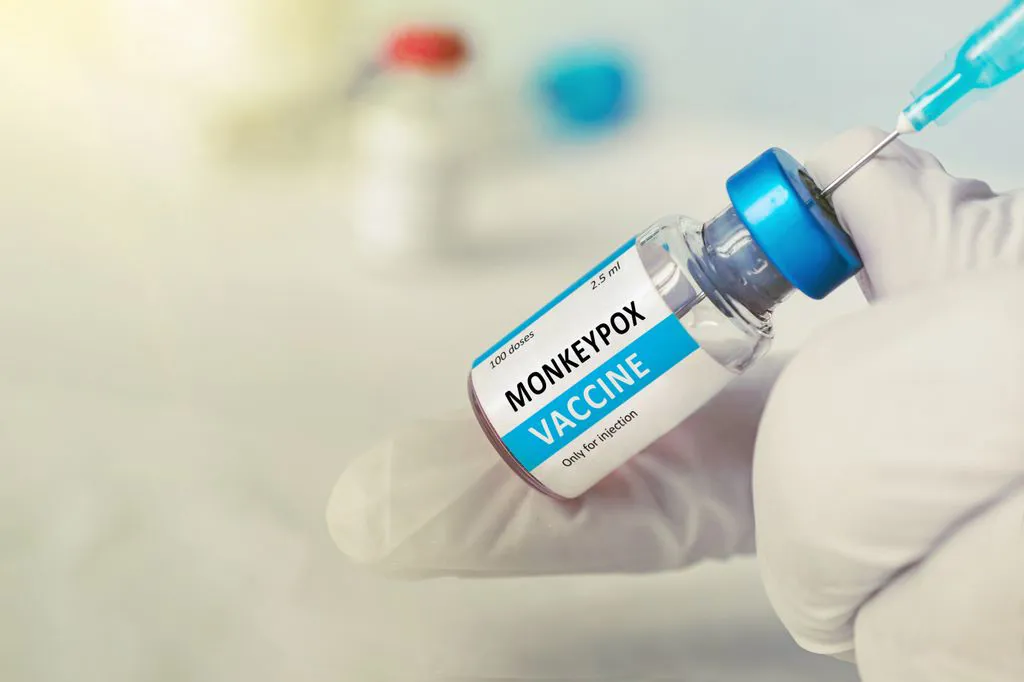Vietnam records first monkeypox case
To quickly control monkeypox transmission risk, subnational health departments must coordinate with relevant units to strengthen monkeypox prevention and control at border gates.
The Ho Chi Minh City Department of Health (HCMC) reported on October 3 that it had detected a case of monkeypox infection through epidemiological surveillance, the first in Vietnam.
The municipal health authority director Tang Chi Thuong said that information about the case had been submitted to the Ministry of Health (MoH). The department cooperates with relevant agencies to enhance surveillance to detect infection cases and prevent the disease from spreading.
“People should go to hospitals to be tested for monkeypox if they have potential symptoms, such as acute rash, fever, swollen lymph nodes, headache, muscle ache, back pain, asthenia (profound weakness), and fevers above 38 degrees Celsius. While waiting for their test results, they would need to be self-quarantined,” Thuong noted.
He added that the health department had sent guidelines on the prevention and control of monkeypox to medical centers across the city. The city’s health sector will ramp up efforts to prevent disease transmission from other countries and has already worked out response plans.
A monkeypox vaccination. Photo: news.ohsu.edu |
On October 3, the Ministry of Health reported the first monkeypox patient from Vietnam without much detail.
Besides, the ministry urged the People's Committees of the provinces and cities to strengthen monkeypox prevention.
Accordingly, it required the health departments of provinces and cities to tighten the prevention and control of monkeypox at the border gates, especially for passengers returning from the epidemic areas.
“Suspected monkeypox cases at the border would be diagnosed, and their medical and travel history analyzed,” the MoH stressed.
The ministry asked relevant units to train health workers at all levels, ensure treatment and infection prevention for patients at medical examination and treatment centers, update response plans and scenarios, and prepare medicines, medical equipment, and human resources to be ready in case of an outbreak.
According to the World Health Organization (WHO), monkeypox is a rare disease caused by the monkeypox virus. This orthopoxvirus causes a condition with symptoms similar but less severe to smallpox.
It stressed that monkeypox could affect people of any age. People are advised to avoid close contact with people with smallpox or their wounds, bodily fluids, droplets, and contaminated objects and utensils.
Everybody should regularly wash their hands with soap and common antiseptic solutions, cover their mouth while coughing and sneezing, and immediately contact medical facilities when having symptoms of monkeypox, WHO said.
People with symptoms of a suspected monkeypox case should actively self-isolate and avoid sexual intercourse. Those with confirmed monkeypox should quarantine themselves until they recover from the disease, as WHO required.
As of mid-September, a global health emergency over monkeypox outbreak as infections rose globally, with more than 35,000 cases across nearly 100 countries and territories and 12 fatalities.
The incubation period for monkeypox is usually seven to 14 days but can range from five to 21 days, according to the US Centers for Disease Control and Prevention (US CDC).
Within one to three days after the appearance of fever, the patient develops a rash, often beginning on the face and then spreading to other parts of the body, the US CDC said, adding that lesions progress through the stages of macules, papules, vesicles, pustules, and scabs before falling off.











